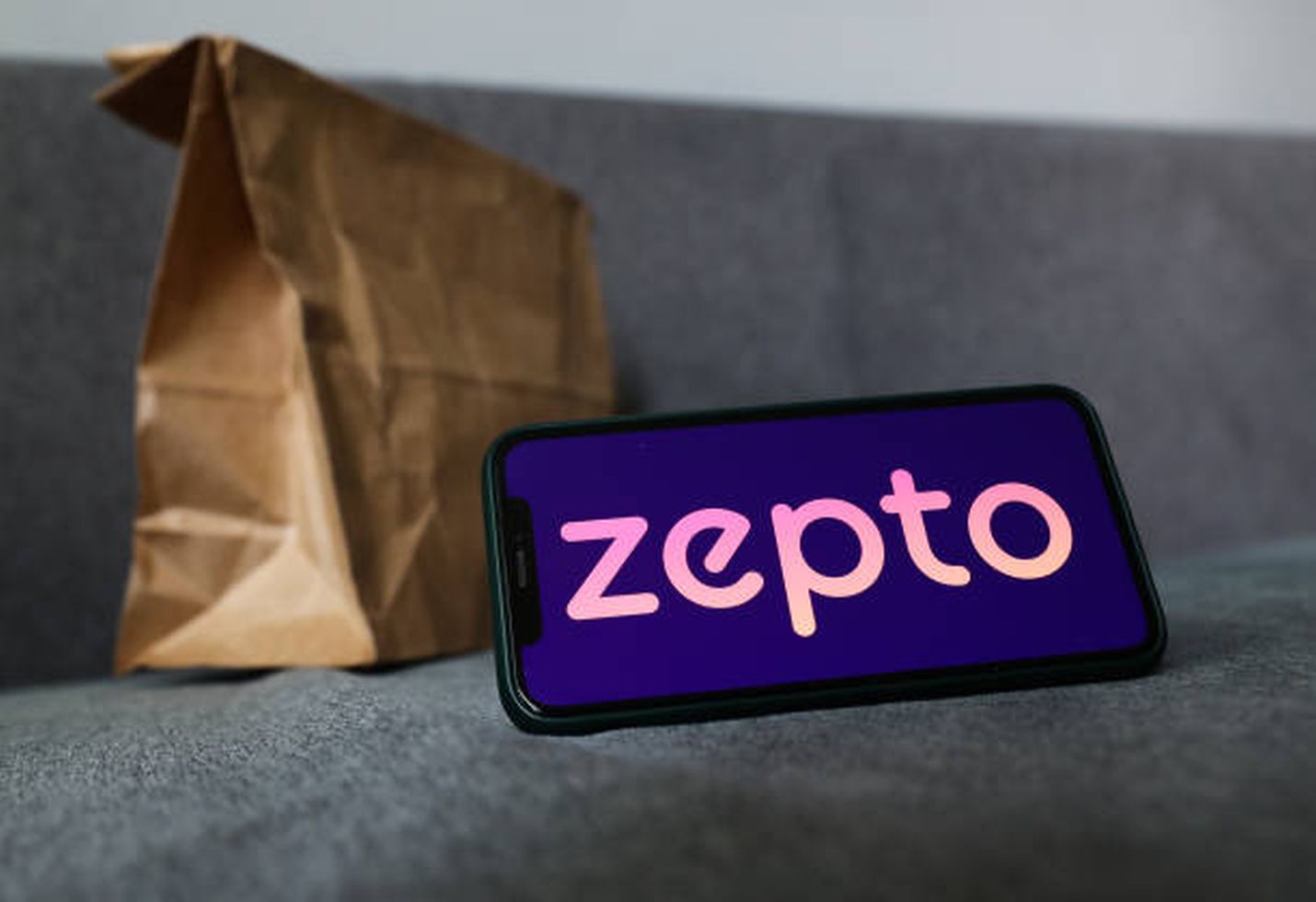Giva Raises Fresh Capital to Strengthen Jewelry Business, Valued at ₹3,950 Crore
Jewelry brand Giva raises fresh funds led by Creaegis to fuel expansion, strengthen operations, and grow its omnichannel presence across India.
Major Fundraising Round to Boost Growth Plans
Bengaluru-based omnichannel jewelry brand Giva has successfully closed a fresh funding round, securing approximately ₹450 crore (around $53 million) in its Series C financing. The round is being spearheaded by Creaegis with participation from other notable investors, aiming to further bolster Giva’s aggressive expansion plans in India’s competitive jewelry market.
According to documents filed with the Registrar of Companies, Giva’s board sanctioned the allocation of 1,73,430 Series C CCPS, each priced at ₹25,947, to secure the targeted capital infusion.
Key Investors and Funding Breakdown
Through its CIF II Scheme, Creaegis has taken the lead in this funding round by pledging ₹235 crore, equivalent to $27.6 million. The round also sees robust participation from Premji Invest, contributing ₹125 crore (approximately $14.7 million), followed by Epiq Capital with ₹45 crore, and Edelweiss Discovery Fund injecting ₹35 crore. The Usha Dalmia Trust completes the lineup of investors with ₹10 crore.
This equity capital is earmarked to support a range of strategic needs. According to the official filing, the raised funds will cover ongoing operational costs such as employee hiring, marketing initiatives, general corporate activities, and other business development expenses outlined in Giva’s growth blueprint.
Debt Funding and ESOP Expansion
Alongside the equity infusion, Giva has also secured ₹30 crore in debt from Alteria Capital, offering the company added liquidity for its operational endeavors. Moreover, Giva has increased its Employee Stock Option Plan (ESOP) pool by 15,853 shares, boosting its total ESOP value to ₹203 crore (approximately $24 million). This move is expected to enhance employee retention and incentivize key talent as the company scales.
This latest infusion of capital has propelled Giva’s estimated valuation to nearly ₹3,950 crore, equating to roughly $465 million in global terms. This represents a remarkable two-fold increase compared to its valuation during the previous funding round of ₹255 crore.
Giva’s Journey and Market Presence
Founded in 2019 by Ishendra Agarwal, Giva initially carved a niche for itself in the affordable jewelry segment. Over time, it has diversified its offerings, expanding into gold jewelry and the increasingly popular category of lab-grown diamonds.
What began as a direct-to-consumer (D2C) online platform has now evolved into a formidable omnichannel brand. Giva has established nearly 150 brick-and-mortar outlets throughout India, further supported by its online storefront and dedicated mobile application. To further scale its retail footprint, Giva has adopted a franchise-led expansion model.
Strong Backing and Shareholding Structure
Before this funding round, Giva had already attracted attention from prominent institutional backers. According to data from startup intelligence platform TheKredible, the company has raised more than $85 million in total funding to date.
As per the latest shareholding structure prior to the Series C round, founder Ishendra Agarwal maintained a 25.10% stake in the company. Other key stakeholders included Premji Invest (17.13%), India Quotient (13.38%), and A91 Partners (9.58%).
Adding to its credibility, Giva recently attracted investments from well-known personalities, including Bollywood actors Ranbir Kapoor and Aamir Khan, filmmaker Karan Johar, and sports icons Jasprit Bumrah and Rohit Sharma, further enhancing its brand visibility.
Financial Performance and Competitive Landscape
Giva’s financial growth has been equally impressive. For the fiscal year ending March 2024, the brand posted an operating revenue of ₹274 crore, reflecting a 66% increase from ₹165 crore recorded in FY23. Nevertheless, the firm’s net deficit widened to ₹59 crore, reflecting a year-over-year surge of approximately 30% in overall losses. Despite these growing expenses, the continued influx of funds suggests strong investor confidence in the brand’s long-term profitability potential.
In terms of competition, Giva operates in a vibrant ecosystem with players like Bluestone—currently prepping for a ₹1,000 crore IPO—along with other significant brands such as CaratLane and Melorra. Additionally, numerous regional and family-owned jewelers contribute to a highly competitive and dynamic market landscape.
Final Thoughts
Giva’s recent $53 million Series C round marks another significant milestone in the brand’s growth journey. The infusion of fresh capital led by Creaegis, combined with contributions from longstanding investors, positions the company well to scale operations, expand its retail presence, and capture a larger market share in India’s flourishing jewelry sector.
With its valuation now touching $465 million, Giva stands on solid ground to challenge its peers, leverage omnichannel strategies, and meet the evolving demands of modern jewelry consumers. While the increase in operational losses highlights the challenges of aggressive expansion, the long-term growth narrative remains promising for stakeholders and customers alike.
:
The image added is for representation purposes only






